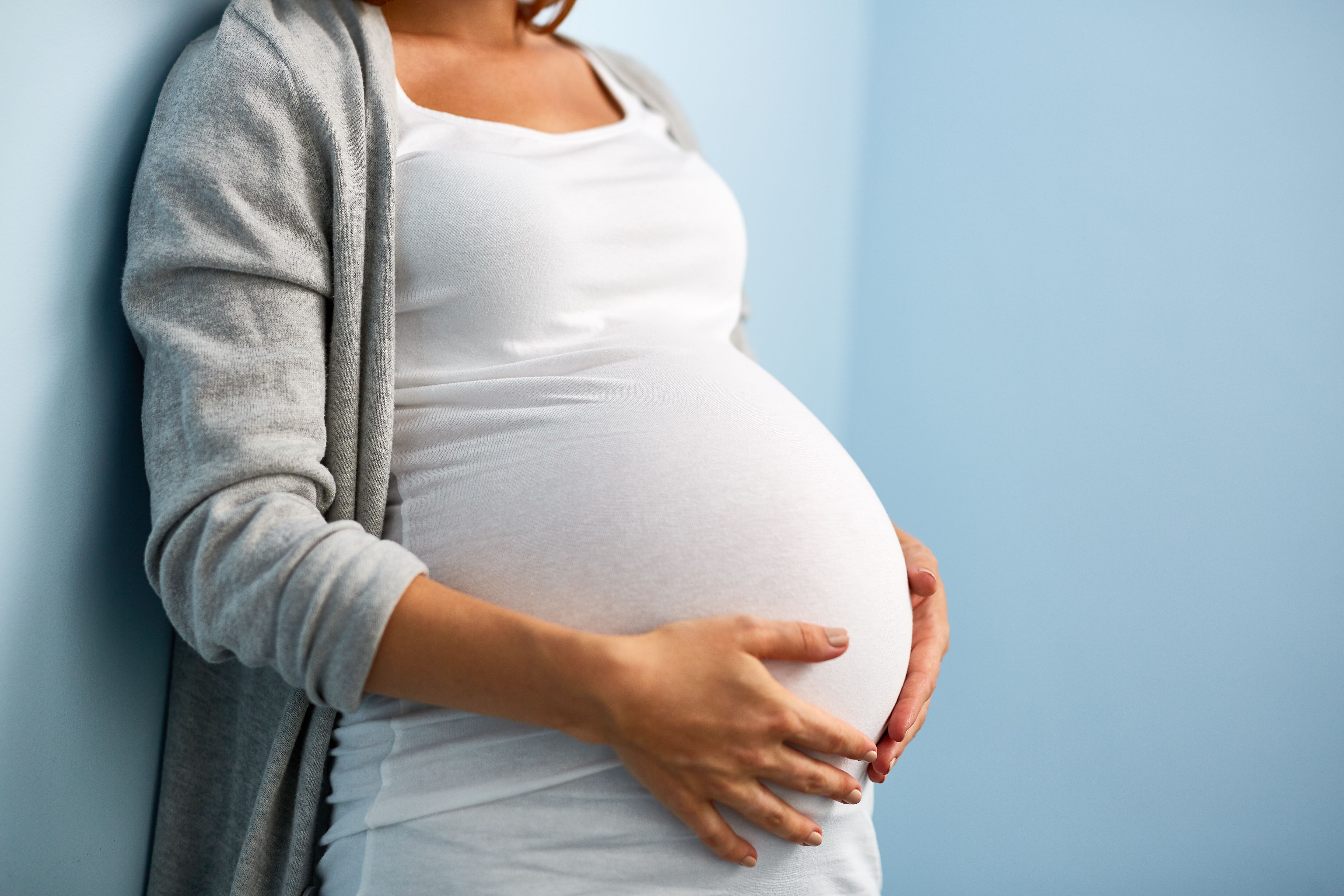- Center on Health Equity & Access
- Clinical
- Health Care Cost
- Health Care Delivery
- Insurance
- Policy
- Technology
- Value-Based Care
Analysis Identifies Potential Biomarkers for RA Outcomes Throughout Pregnancy
A co-expression network analysis pinpoints different gene expressions that can potentially predict rheumatoid arthritis (RA) outcomes during pregnancy.
In a study published in Arthritis Research & Therapy, researchers identified potential biomarkers in pregnant women with rheumatoid arthritis (RA) that could indicate whether their disease improves or progresses during pregnancy.
Considering pregnancy when affected by RA can be daunting. For those who may want to discontinue medication use during pregnancy, there are valid concerns about whether their RA will consequently progress, the authors noted.
Pregnant Woman | pressmaster - stock.adobe.com

While RA can worsen for some over the course of a pregnancy, others see their RA improve. No predictive biomarkers have been validated in the pre-pregnancy stage to anticipate these outcomes; however, the authors of the present study previously conducted research that revealed differences in pre-pregnancy gene expression between healthy women and those with RA.
To build off their findings, they gathered a larger cohort and constructed highly correlated gene expression modules with hopes of finding any biological discrepancies between women whose RA improved (RAimproved) or progressed (RAworsened) throughout pregnancy.
Nineteen pregnant women with RA were assessed alongside 13 healthy, pregnant controls. Their RA was evaluated using the Clinical Disease Activity Index and changes were monitored from the pre-pregnancy stage (T0) till the moment in pregnancy where any improvement or progression peaked. Minimum Clinically Important Difference (MCID) thresholds were used to determine whether someone’s RA had gotten better or worse. Blood samples were also taken to analyze RNA sequencing, gene expression, and B cell-related genes.
Of the 19 pregnant women with RA, 14 saw improvements in disease activity during pregnancy and 5 experienced progressions based on MCID thresholds. At baseline, the mean CDAI was very similar between both groups (16.8 and 16.9, respectively).
In total, 448 protein-coding genes and 137 lncRNA expressions differentiated between RAimproved and RAworsened. These distinctions included genes related to innate immune responses, B cell proliferation, migration of myeloid leukocytes, and regulation of leukocyte chemotaxis. Notably,
The researchers found that neutrophil-related genes were overly expressed in the RAimproved individuals, and a myriad of B cell-related genes were over-expressed in RAworsened individuals compared to one another and controls.
In their comparisons to healthy women, the authors emphasized that the B cell signature was distinctly linked to RAworsened women. These findings are of clinical importance because, at the pre-pregnancy stage, B cell functioning between the two RA groups were significantly different. The spotting of these biomarkers in the pre-pregnancy stage that can predict the prognosis of RA during pregnancy could inform more individualized treatment approaches to RA in this population.
Reference
Wright M, Smed MK, Nelson JL, et al. Pre-pregnancy gene expression signatures are associated with subsequent improvement/worsening of rheumatoid arthritis during pregnancy. Arthritis Res Ther. 2023:25:191. doi: 10.1186/s13075-023-03169-6
